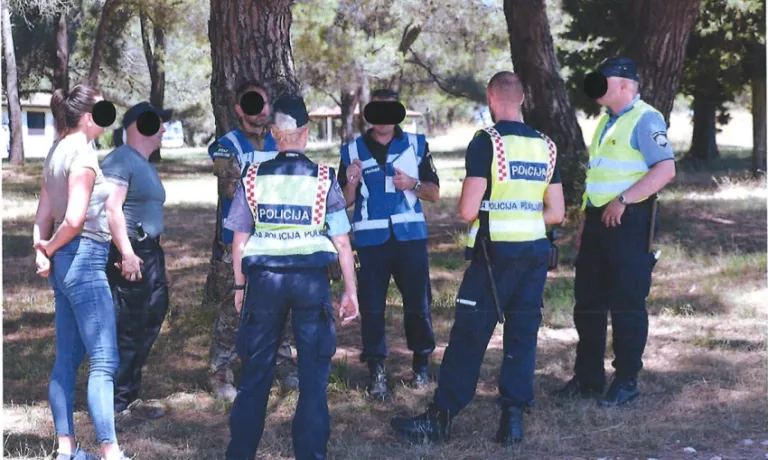
Long Reads

We spoke to trans-right activists in three country: the Philippines, France and Argentina to understand how ID systems in their countries are impacting their lives and how certain legal frameworks may help them.

We explain in some detail what our case involving UK intelligence services using general warrants is about.

The deployment of vaccines, and in particular any "vaccination passport or “immunity passport” or certificate linked to the vaccination, must respect human rights.

We asked five menstruation apps to give us access to our data. We got a dizzying dive into the most intimate information about us.

Could private companies be the only ones really profitting from digital welfare? This overview looks at the big players.

Privacy International and other campaigners are demanding that the EU enact urgent reforms to development aid and cooperation programmes after disclosures reveal their extensive use to train and equip security forces with surveillance techniques.

Hundreds of slides obtained by Privacy International (PI) from an EU law enforcement training agency show how surveillance techniques are taught to security authorities in neighbouring countries.

Documents obtained by Privacy International (PI) detail how EU agencies ‘outsource’ border controls to neighbouring countries.

We are now close to receiving the final documents we demanded using the Freedom of Information Act from US agencies regarding their hacking activities, and we’re concerned with what we’ve seen thus far. You can find the disclosures here.

La Cour de justice de l’Union européenne a rendu ses décisions concernant trois affaires au Royaume-Uni, en France et en Belgique. Voici quelques réponses aux questions principales.